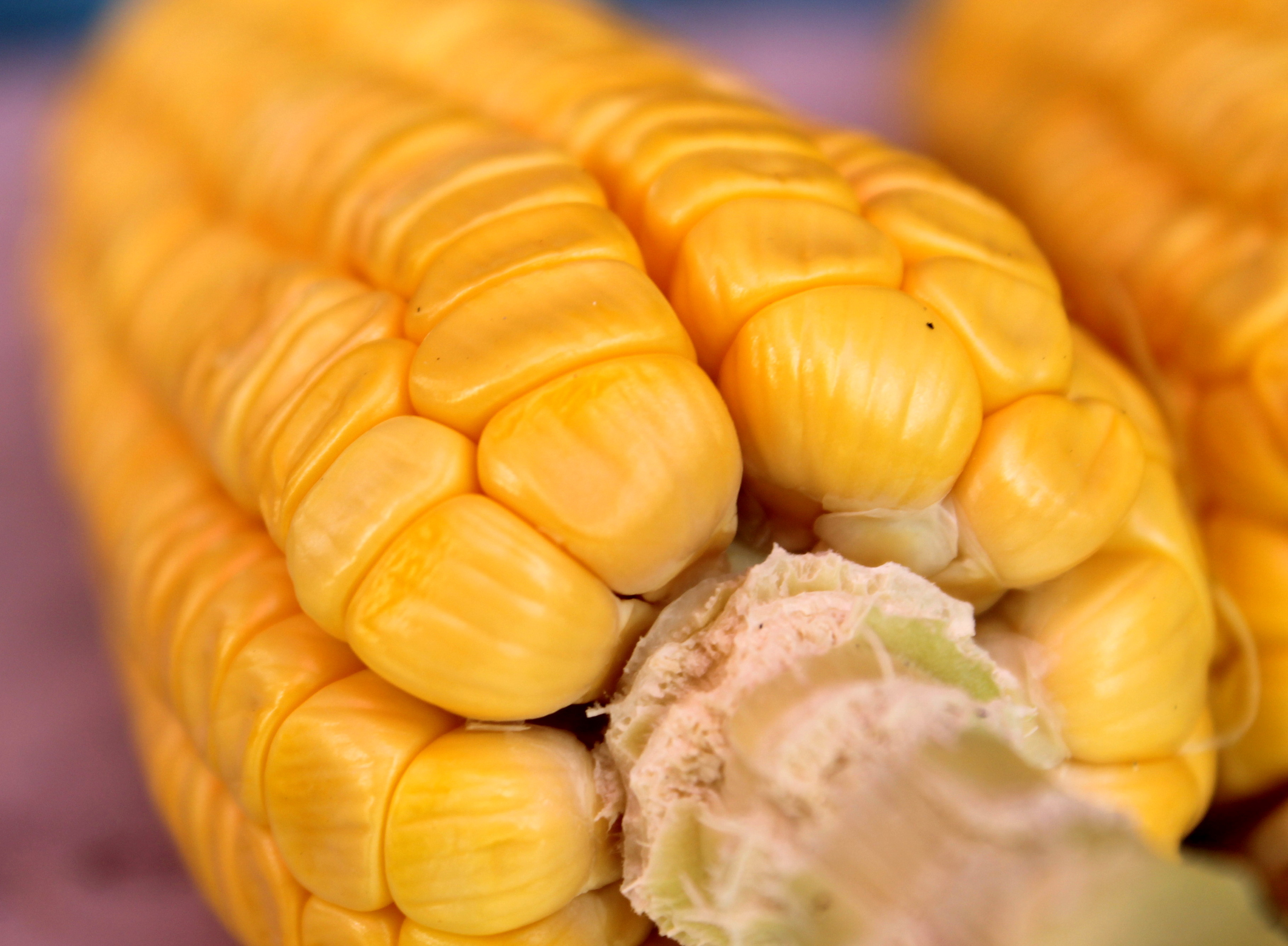
The West Coast might be getting drenched in rain right now, but the western farm belt – this includes states like Nebraska, Kansas, and Texas – is still starving for moisture.
Many corn fields in these states are now abandoned due to parched crops that failed to produce as expected. Just 79.2 million acres were harvested last year – a 1.6-million-acre decline, and the smallest overall harvest in terms of acres since 2008.
As a result, grain supplies are substantially lower than expected. And there is more to come for wheat and other crops that are similarly dry as a bone and in desperate need of rain.
Globally speaking, food prices remain at crisis levels. Inflation is still with us – and in some cases still on the rise – while supplies of corn, eggs, and other foods continue to decline.
All of this suggests that prices will continue to remain high well through 2023 and even beyond. (Related: Meanwhile, the Biden regime is mandating a higher concentration of corn ethanol in gasoline – to the detriment of vehicle engines.)
Soybean, cotton production also down
Corn and wheat are not the only crops doing poorly this year compared to previous years. Similar declines are being reported by the USDA for soybeans and cotton, both of which are down on the year.
For 2022, soybean production totaled 4.28 billion bushels, down four percent compared to 2021. Average soybean yields this year are expected to be just 49.5 bushels per acre, which is 2.2 bushels per acre lower than in 2021, and 0.7 bushels below the November 1 forecast.
Human knowledge is under attack! Governments and powerful corporations are using censorship to wipe out humanity's knowledge base about nutrition, herbs, self-reliance, natural immunity, food production, preparedness and much more. We are preserving human knowledge using AI technology while building the infrastructure of human freedom. Speak freely without censorship at the new decentralized, blockchain-power Brighteon.io. Explore our free, downloadable generative AI tools at Brighteon.AI. Support our efforts to build the infrastructure of human freedom by shopping at HealthRangerStore.com, featuring lab-tested, certified organic, non-GMO foods and nutritional solutions.
For cotton, production was down 16 percent in 2022 compared to 2021, hitting 14.7 million 480-pound bales. The U.S. yield is estimated at 947 pounds per acre, which is up 128 pounds compared to last year's yields. However, total harvested area is just 7.44 million acres, down 28 percent compared to last year.
Corn stores as of Dec. 1, 2022, were estimated to be down seven percent from Dec. 1, 2021, while soybean stocks decreased by four percent compared to a year earlier. All in all, corn stores in all positions totaled 10.8 billion bushels while soybeans clocked in at 3.02 billion bushels. Wheat stocks, meanwhile, are down seven percent compared to a year earlier, with wheat stores in all positions hitting 1.28 billion bushels on Dec. 1, 2022.
"More corn is used as feed and gas," one commenter wrote about how the corn yield decreases affect not just food but also fuel. "Waste of food on the gas part."
Another wrote that while corn ethanol is a "suitable octane-boosting replacement" for tetraethyl lead, a toxic octane-boosting additive that was phased out in the 1970s, it is "really hard on engine fuel systems."
"It was crucial for boosting Allied aircraft piston engine horsepower during World War II," this person explained about tetraethyl. "MTBE (methyl tertiary-butyl ether) is a toxic water-soluble octane-boosting additive. It's been banned in several states like California and in 2000 the EPA proposed phasing it out over a four-year period. But the U.S. Congress is too corrupt to get anything useful done."
As for corn prices, wrote someone else, prices have "drifted sideways since plummeting last summer," while wheat has plummeted as well and is nearing a 52-week low.
"Something ain't right," this person wrote plainly.
Now would certainly be a good time to drop all ethanol mandates, not increase them like the Biden regime has done, suggested another.
"The government wants to produce an octane-increasing additive? Why?" asked another.
"At this point, the whole ethanol program is more of a money transfer system than anything else," another commenter wrote. "Ethanol shortens engine life. They want your car dead, too."
The latest news about the coming food apocalypse can be found at FoodCollapse.com.
Sources for this article include:
Please contact us for more information.


















